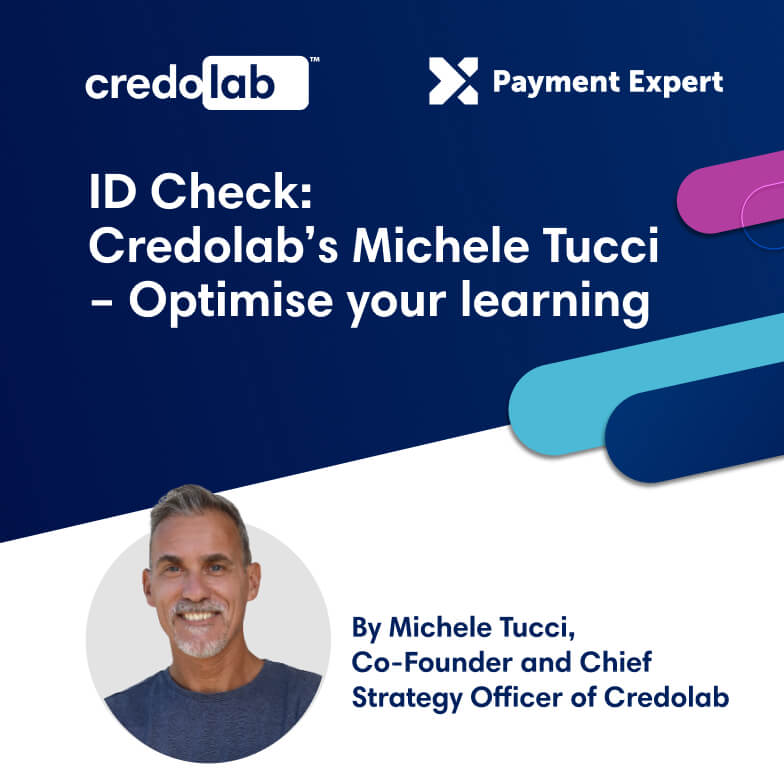News
Jan 29, 2021
Buy-now pay-later mode and credit scoring of consumers
From a merchant’s point of view, establishing BNPL payment options will be a way to increase volume of sales and allow consumers to make immediate purchases in instalments without worrying about interest rate. The challenge is to identify low-risk and high value customers who will have the ability and willingness to pay. Fintech has the answer.
Subscribe to our newsletter
The pandemic has single-handedly changed the purchasing power ability of consumers globally. Back in the day, it was common practice to purchase items on layaway where you would collect the item when the last payment was made. But with today’s newfound financial uncertainty, consumers are more cautious than ever regarding their expenses and are looking for ways to make purchases and payments that are in line to their convenience and income stream.
Many companies in the fintech industry are looking to alleviate this and take advantage of the opportunity to adopt a buy now pay later (BNPL) method of payment, replacing traditional financing methods with easier, alternative solutions. BNPL allows consumers to bring the purchased item home while still settling the final balance for it within three or four interest-free installments, as long as the item is paid for within the given time-frame.
Within this payment scheme, fintech companies are now given the opportunity to step in to provide financial institutions and traditional banks metadata solutions in order to identify a customer’s ability and willingness to pay.
In 2020, 40 percent globally have used a service such as BNPL since many of them have had no access to a credit card, either because they aren’t approved for one based on their credit history or simply prefer to avoid traditional credit. Owning a credit card is a luxury in Indonesia but the access to smartphones and being able to digitally manage their finances online provides 74 percent of Indonesians to grab hold of alternative opportunities such as opting for the BNPL method.
As of November 2020, 10.2 million Indonesian businesses have made their products and services available on digital platforms and 23 million businesses have been unsuccessful in securing financing from the banking industry. With the BNPL method of payment, the importance of identifying consumers’ reliable assets and cash flow data is also crucial in determining creditworthiness. Although the first instalment is paid upfront, BNPL merchants still mitigate the risk of consumers not paying the subsequent instalments.
For the Indonesian consumer, going digital and taking advantage of fintech platforms to build for themselves a positive track record and apply for short term loans is the way to go. The option of BNPL comes a long way for the young, urbanized population, daily wage earners and gig workers as more millennials are looking to go cashless but do not want the inefficiencies of credit card payments. The options today are unfortunately limited and applying for credit cards require traditional financial requirements which many do not have access to.
Similarly, from a merchant’s point of view, establishing BNPL payment options will be a way to increase volume of sales and allow consumers to make immediate purchases in instalments without worrying about interest rates. For example Empatkali, a payment solution that allows consumers to shop and pay in four equal instalments with no interest, is achieving this. Jamie Camidge, head of Indonesia at Afterpay (Empatkali) said, “EmpatKali is turning lending on its head. It doesn’t charge consumers interest, but charges its merchant partners a commission for every sale they generate.”
However, the only challenge for merchants is to be able to correctly identify low-risk and high value customers who will have the ability and willingness to pay. Adopting the right technologies and leveraging on digital solutions such as fintechs will ideally help merchants identify “good” consumers at a controlled cost of risk.
Indonesian SMEs and local online businesses have joined hands on BNPL methods of payment with providers such as GoPay, OVO, Shopee PayLater, Traveloka PayLater and Grab, especially since the COVID-19 outburst. This preferred method has seen a spike among Indonesian millennials and those who choose not to go through the hassle of applying for credit cards.
Also, the presence of fintech solutions and new innovative methods has encouraged conventional banks to improve its services in determining creditworthiness. Fintech solutions providers generally provide a 24-hour turnover time in Indonesia to assess a consumer’s credit score. Its score becomes an additional parameter which is used by the merchant or lender.
Although financial inclusion is slowly but steadily seeing a rise in Indonesia, user education is paramount in sustaining this growth for the country. Data protection regulations also need to be in place as digital transformation accelerates. Having said this, fintech solutions providers who determine a consumer’s creditworthiness through metadata which has been generated by virtue of using their devices do not have to share the actual personal data with the merchant or lender.
Mutual efforts between fintech providers and the Indonesian government will improve financial literacy and inclusion in the country. BNPL options are changing the financial landscape in Indonesia and globally and will expose the inaccessible to a plethora of promising financing services.
This article was published in thejakartapost.com


.jpg)

